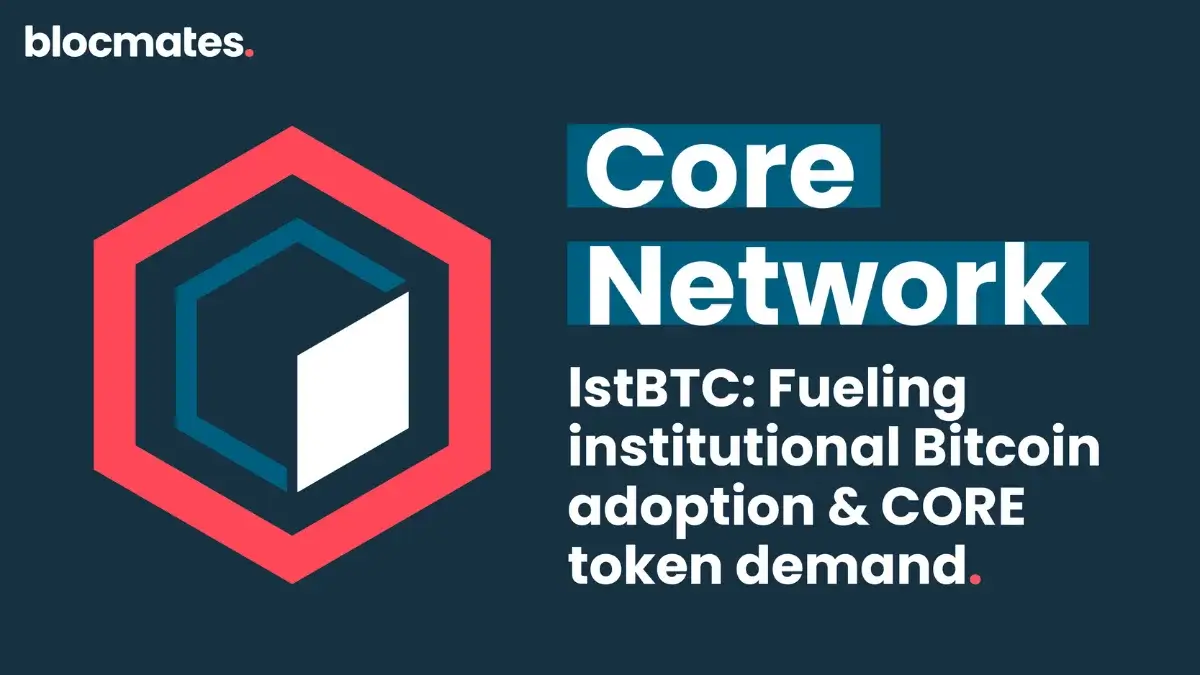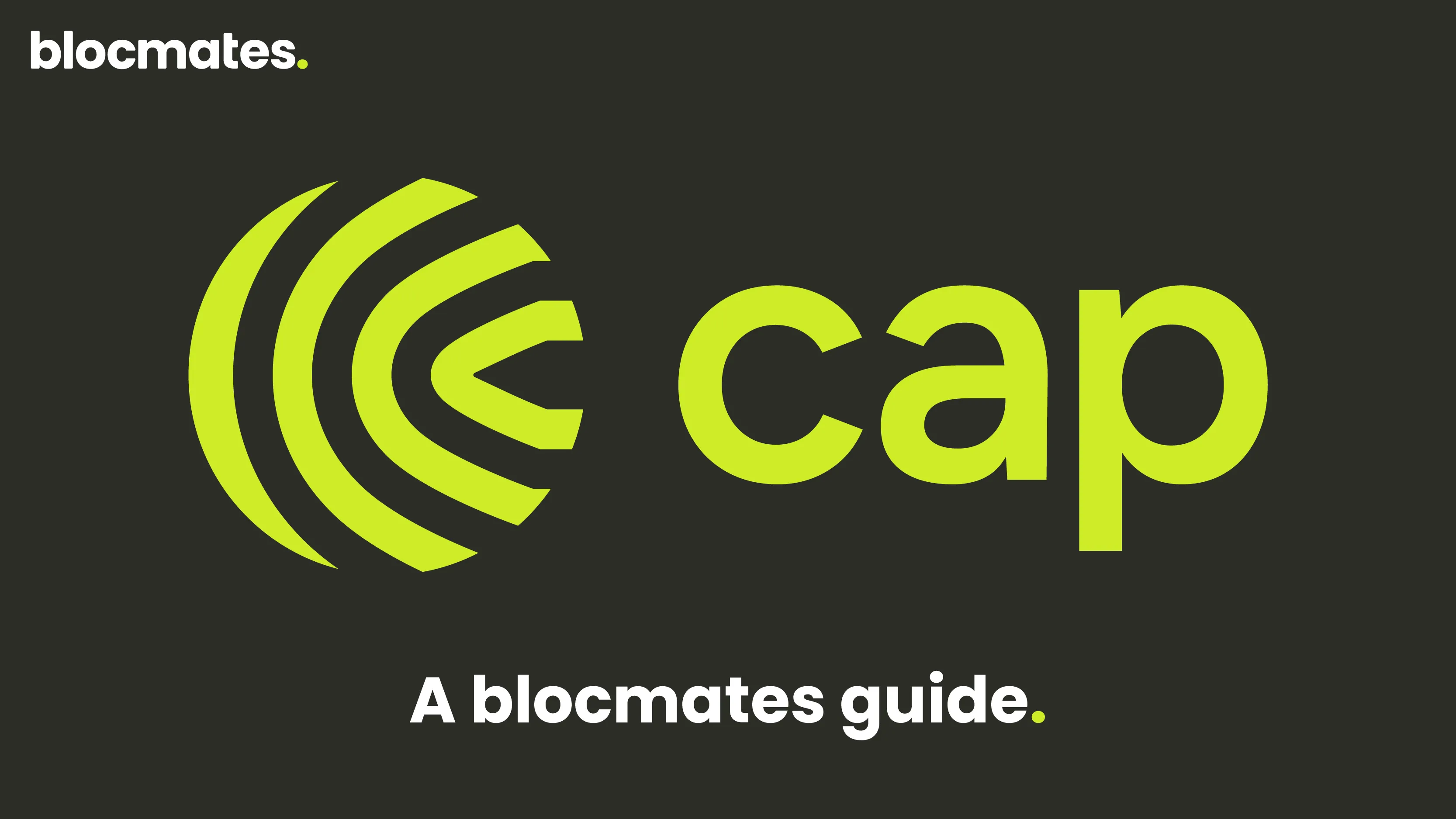Tech giant Sony has officially launched its Soneium blockchain.
Background
- In H2 last year, Sony's blockchain division, Sony Block Solutions Labs [Sony BSL] launched the Soneium Minato public testnet
- It used “test” crypto assets, fostering risk-free exploration of web3 applications
- The mainnet went live a few hours back today
- The team describes Soneium as "a versatile general-purpose blockchain platform"
- The network intends to support a range of gaming, finance, and entertainment apps
- The launch follows a four-month-long test period
- Over 14 million wallets took part in the trial phase
Why should you pay attention?
- On the heels of the launch, Soneium fell victim to community criticism
- Users complained about their inability to trade or access memecoins on the network and the block explorer
- Time.fun’s founder Kawz went on to claim that the network rugged users for more than $100k in ETH on the launch day
- He also alleged that Soneium was blacklisting memecoins on the network
- The executive pointed out that users received a “forbidden alert” when they tried to look at specific tokens on their explorer
Who said what?
- Kawz exclaimed,
“I've never seen anything like it. Want to be a permissioned chain? fine. Instead of whitelisting developers, they chose to instead freeze contracts (effectively rugging users)"
- He further went on to point out that the team was mocking the whole situation
- Giving an exhibit of token manipulations, he added,
“So far two tokens have been frozen and users funds rugged. One example token here”
- Newly launched memecoin “Aibo,” inspired by a series of robotic dogs made by Sony was the token in question
- It was valued at $643k at press time

- In response, the memecoin team said that they’re working with Soneium to get things back on track

- Alon, the pseudonymous founder of Pump.fun, also criticized the platform for “actively blacklisting memecoins they don’t like, instantly nuking everyone’s position to 0”

- Others from the community also raised questions about the level of control that blockchain developers should exercise
- They also confronted the team about not striking a balance between protecting intellectual property and maintaining a permissionless network
Zooming out
- The Soneium team tapped Optimism’s OP Stack to build out their network
- The OP Stack is a customizable framework that allows developers to use optimistic rollup technology to transact on Ethereum at a low cost
- Others stalwarts from the space including Coinbase and Kraken also use the OP Stack to power their Base and Ink networks respectively















.webp)

.webp)
.webp)

%20(1).webp)



























































%202.webp)


.webp)

.webp)
.webp)
.webp)



.webp)












%20the%20Next%20Big%20Unlock%20in%20AI.webp)




.webp)
.webp)

.webp)
.webp)
.webp)


.webp)
.webp)










.webp)


.webp)









.webp)







.webp)




.webp)


























.webp)







.webp)















.webp)

.webp)
.webp)

.webp)














.webp)

.webp)


.webp)








.webp)




